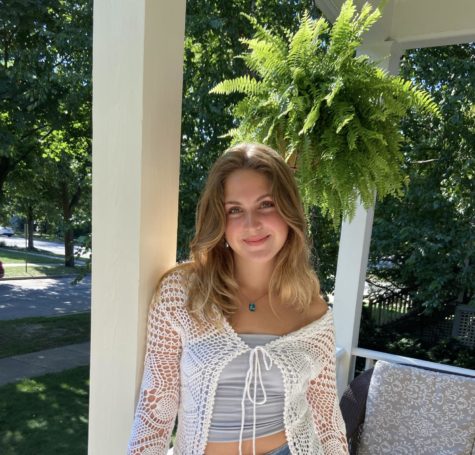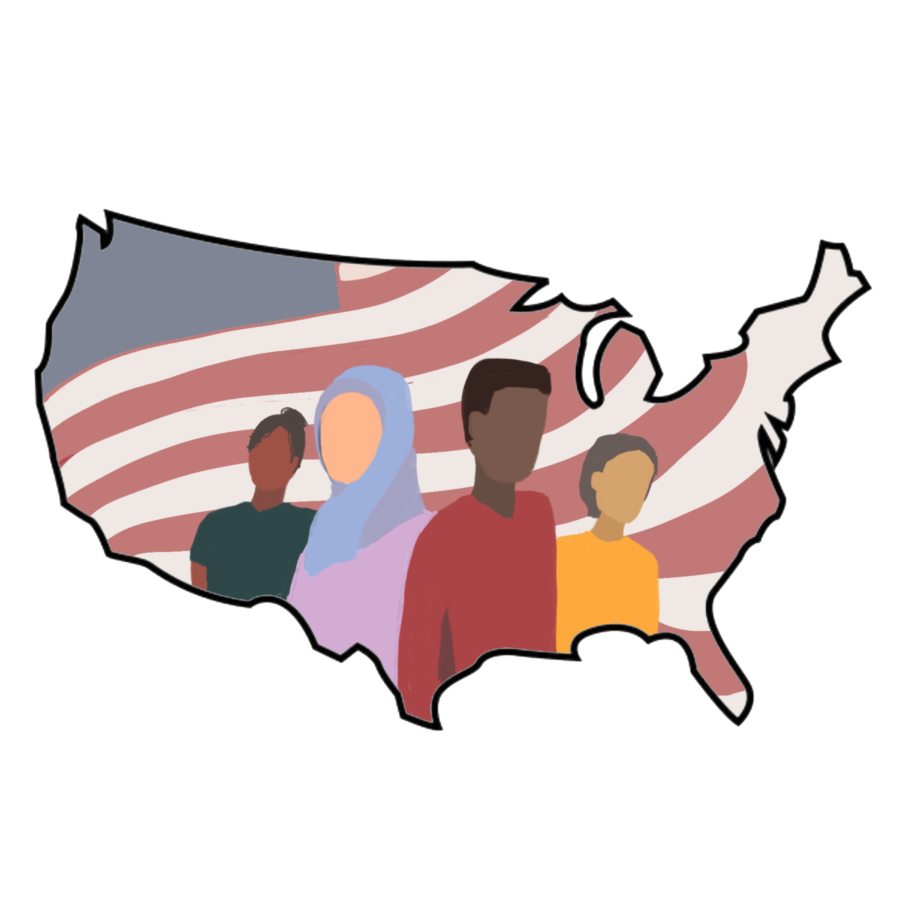Opinion | Stop exploiting people’s oppression for college applications
With college application season fast approaching, many high school seniors are beginning to wipe the summer dust off their Chromebooks and start the Common App: a process which requires students to summarize their life story into a few hundred-word excerpts. These rigid word counts force students to consider what makes them a unique and desirable applicant, and as college becomes increasingly more difficult to get into, students are left anxiously scrambling to highlight the best parts of themselves. To avoid this internal brawl, many students begin preparing for college applications during their junior or early senior year by investing in a number of extracurriculars in an effort to appear well-rounded and involved. For instance, students may decide to become president of a social justice club or create a non-profit that benefits people in need. While participating in these forms of activism may be beneficial in some ways, it inevitably becomes performative when students partake in them solely for the purpose of getting into college.
“I definitely feel like there is a lot of performative activism in our school, and there’s a lot of people that join clubs or do stuff locally to try and boost their college applications,” says incoming African-American senior Brooke Banks.
Banks has been involved in social justice groups within the school and recognizes insincerity when she sees it.
“There have been instances where people create clubs or foundations trying to help other people of different ethnicities, but it feels a little fake because they started it right before junior year, and they’ve never shown any interest [in that issue prior]. [Additionally,] even when the club is running, they still don’t show a lot of interest.”
When considering taking part in social justice clubs, you must understand that it is not simply a school activity. Banks highlights the ways this work can have different levels of significance for BIPOC than for white folks.
“[White people] show interest for a little bit, and then it’s just like another thing to them within their school life. It shouldn’t be disregarded like that, because [people of color] have to go through so much, and it’s not just an everyday thing for us,” Banks says.
She recommends that, when starting a club or initiative—especially as a white person—you have to “put in the hours first,” meaning that you must have a real drive to make change within the community, with or without receiving credit for doing so. Caring about the cause is not the only aspect that should go into creating an initiative, it is also important to be aware of the real impact that your project has the capability to create.
“A lot of them act like because they’re in a club that racism magically has gone away now and that they’re a better person than other white people, when that is not a reality,” Banks remarks.
*******
As high school seniors who are also in the midst of the college application process, we understand how stressful it can be. It feels as though your self worth is determined by an admissions board who does not know you on a personal level. While we understand the anxiety that this process may bring, it is not an excuse to use the struggles of disadvantaged populations to your advantage by creating a facade of activism for an application. During my freshman year of high school, I (Simone Jacot-Bell) was asked to participate in a program created by white students my age that granted free tutoring services to students of color who were affected by the opportunity gap. My role in the program was to tutor Evanston children who were in need. After several weeks of hearing no response from the creators of the organization, I reached out and asked when I would be assigned someone to tutor. In response I received assurances that everything would be assigned soon, I just had to wait. Over two full school years later, I have yet to receive a message from them, or a student to tutor. However, my picture remains on their site.
The racial and economic opportunity gap is an issue that disproportionately affects Black and Brown communities. As a Black girl (Simone Jacot-Bell), it meant a lot to me to give aid to the students in my community that needed it, but to my white peers, it clearly did not hold the same weight. They use the oppression we face, copy and paste it on to a non-profit with no real evidence of impact, then receive a Harvard University acceptance letter in the mail. Even if they do not use our (BIPOC) oppression, there is also the issue of ‘faking oppression’ to receive a pat on the back from a prestigious university. I’ve had conversations with a variety of white individuals that have spoken to me about hyperbolizing an oppression they experience and/or completely fabricating oppression based on stereotypical experiences of a particular group to get a better grade on an essay or to get accepted into a scholarship. Certainly, there are levels of oppression, and everyone (including white folks) can experience it in different ways. With that being said, it is especially important to be truthful about the ways in which you are experiencing it. To exaggerate the reality of your hardships as a white person is extremely disheartening, particularly when so many people in the world are navigating very real struggles and don’t get to decide they’re done playing dress up when applications are complete.
While students are responsible for contributing to a culture of performativity within college applications, parents and guardians, college counselors and academic institutions themselves are also culpable. In American society, there is a predisposition to viewing college as the only career option for high schoolers. And, particularly within Evanston, students generally feel that out of the nearly 6,000 colleges and universities that exist in the U.S., only a handful–often those with a 30 percent acceptance rate or below–are respectable schools. Having internalized this thinking, many students become fixated on getting into a ‘good’ school and are willing to do anything and everything to be accepted. But the problem with this is that, more often than not, students’ desire to get accepted into college comes at the expense of Black, Brown and low-income folks, whose lived experiences are weaponized by white students and turned into a “passion project”—an independent student-led initiative meant to enhance an applicant’s resume. If you’re going to create an initiative, be genuine about it. Ask yourself, am I doing this because I care, or because it is self-serving? Answering that question is the first step in making your application honest. Activism is not something that you can simply dabble with until you receive an acceptance letter. It’s a lifestyle.
Your donation will support the student journalists of the Evanstonian. We are planning a big trip to the Journalism Educators Association conference in Nashville in November 2025, and any support will go towards making that trip a reality. Contributions will appear as a charge from SNOSite. Donations are NOT tax-deductible.




